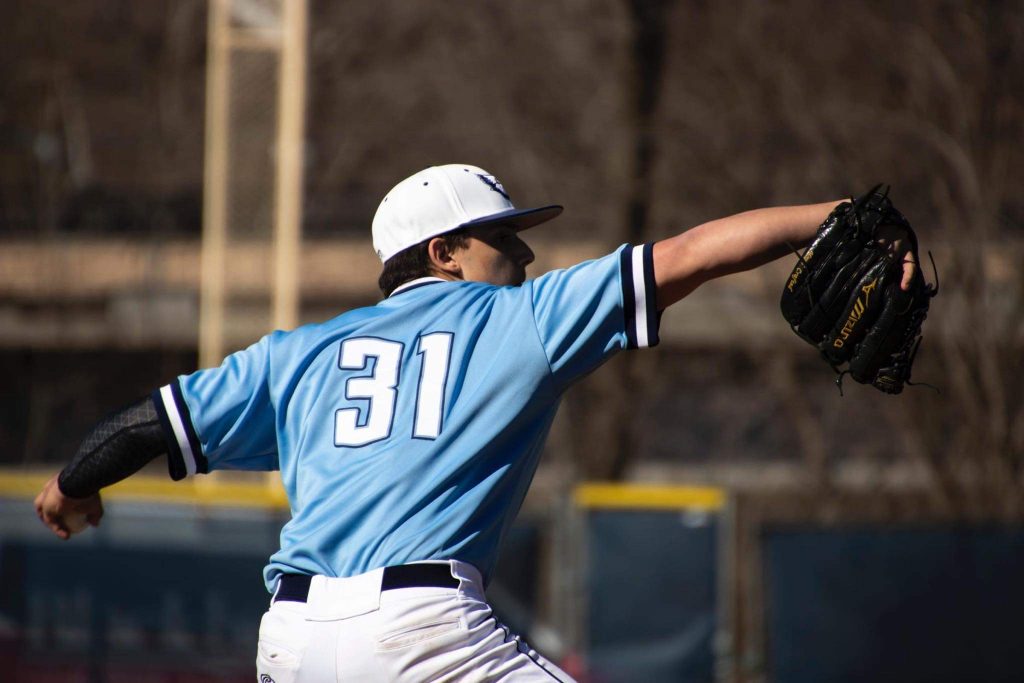
On July 1, 2021, the NCAA made it legal for all collegiate athletes to receive endorsement, or Name, Image, and Likeness (NLI) deals, while still maintaining eligibility as a student-athlete. Activities such as product partnerships, social media deals and autographs were previously against the rules, but now serve as incentives for high school graduates looking to take things to the next level.
As a part of the student body, it should be noted that both Division II and III athletes can still accept such deals if they were to be offered, but endorsements are typically more associated with Division I programs. USA TODAY lists dozens of high-market Division I teams that gross hundreds of millions in annual revenue, with some achieving growth rates of over 100% year after year. With a lot of cash to throw around, the student’s decision to join the team is likely to be influenced, as Pierrick Gould of the Georgetown Men’s Soccer team stated in an interview on the NPR podcast, “Planet Money.”
“You are just selling yourself,” Gould further explained. “Like, ‘Yeah, I play for the No. 1 men’s soccer team in the country [and have] this many followers on Instagram, and I love your product.’ Sometimes it hits. Sometimes it doesn’t. I have a few friends on the team that work with this one taco shop near campus. They get free food, and they get paid to post each month. So that’s a pretty good deal.”
As far as some of the biggest deals go, Nick Saban, head coach of the Alabama Crimson Tide, said that Quarterback Bryce Young reached about a million dollars in total revenue from NIL deals according to an article on Bleacher Report. Auburn, North Carolina, Miami and Oregon have offered similar deals to similar calibur athletes in the NCAA.
However, these deals are criticized by some for the unfair playing field they may create. Joe Weber from Girls Soccer Network stated that one of the cons that can arise from this is creating an unfair playing field, not only between schools but within teams as well. Schools with bigger endowments and merchandise sales have a distinct advantage over other schools, and not every student athlete necessarily receives the same amount of cash in their respective deals. As Weber states, he believes that this will destroy senses of unity and teamwork within teams. A final notable con Weber mentions is the possibility that prospective student athletes would follow the highest bidder rather than the highest quality of education.
However, Weber also states that the deals ultimately create more opportunities for those that wouldn’t have them. This includes all sports but especially more niche communities of different sports throughout the United States. California governor Gavin Newsome pledged his support to specifically pay respect to the physical toll that athletes’ bodies take in the course of their respective season.
The larger ramifications surrounding the bill are to be seen in the coming years. Sources from Front Office Sports urge all athletes to remain socially conscious, especially on Social Media, as one bad post can affect one’s chances of a deal.
